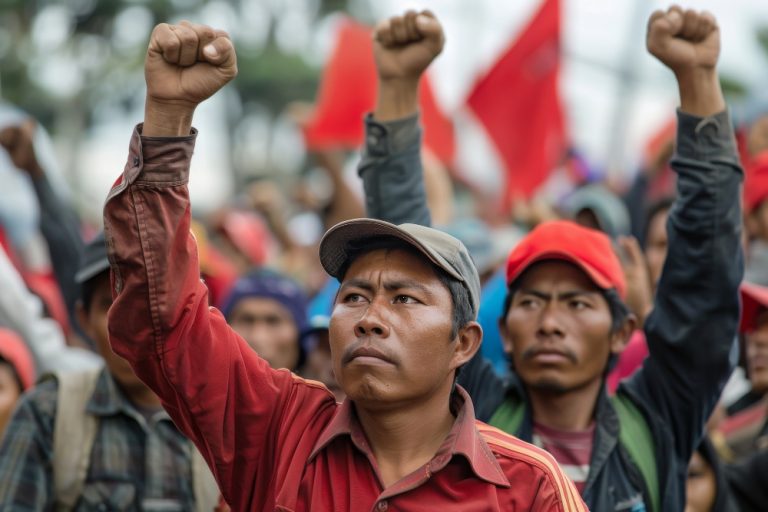Introduction
In Indonesia’s socio-political history, Pemuda Pancasila (PP) has remained one of the most controversial yet enduring organizations. Founded in 1959, it was initially established to safeguard the values of Pancasila, the nation’s state ideology. Over time, however, the group’s identity has been debated: is Pemuda Pancasila primarily a political instrument or a civic organization? This question highlights the complexities of Indonesian democracy and the dual roles often played by mass movements.
Historical Origins and Political Ties
From the start, Pemuda Pancasila maintained a close relationship with political elites and the military. During the New Order era under Suharto, the group functioned as a loyal partner of the regime, often mobilized to suppress dissent and maintain stability. This close alignment reinforced perceptions of PP as a political tool rather than an independent civic body. For further reading.
Civic Contributions and Social Engagement
Despite its political ties, Pemuda Pancasila has also sought to present itself as a civic organization. Members frequently engage in social initiatives, ranging from disaster relief to blood donation drives, youth education, and community events. These activities aim to demonstrate the organization’s contribution to society beyond politics. In this sense, PP mirrors other civic groups that straddle the line between political influence and social service. To explore similar patterns,
The Dual Identity: Strength or Weakness?
The coexistence of political involvement and civic engagement gives Pemuda Pancasila a dual identity. On one hand, its political connections provide access to resources and influence. On the other, these ties generate public skepticism and criticism regarding its independence. Supporters argue that this dual role strengthens PP’s capacity to act as a bridge between the state and society, while critics see it as evidence of opportunism. For broader analysis,
Contemporary Shifts in Reformasi Era
Since the fall of the New Order in 1998, Pemuda Pancasila has faced pressure to redefine itself in a democratic context. Many of its leaders emphasize civic activities, cultural preservation, and community development to distance the organization from its authoritarian past. While its reputation remains contested, PP’s attempts at reinvention show how mass organizations adapt to political change.The debate over whether Pemuda Pancasila is a political instrument or a civic organization underscores the blurred boundaries between politics and civil society in Indonesia. Its long-standing ties to power structures suggest a political dimension, yet its increasing involvement in humanitarian and social programs highlights a civic role. In reality, Pemuda Pancasila embodies both identities, reflecting the complexity of Indonesian democracy itself.


